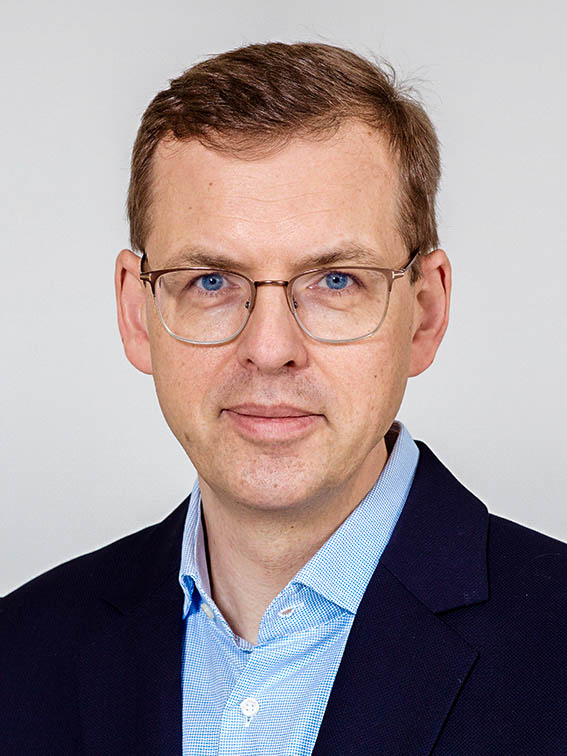Miriam Stoeber - Assistant Professor at the University of Geneva. CH
Talk*: "Cellular landscape of GPCR activation and signaling"
In addition to their localization in the plasma membrane, GPCRs reside in various intracellular organelles. Recent studies have uncovered that the internal receptor pools can be activated by permeant ligands and subsequently drive downstream signaling. However, it remains largely unknown if the molecular composition of the signal transduction machinery at internal organelles corresponds to the cell surface machinery or, alternatively, differs in a location-dependent manner. In most cases it also remains unclear if internally generated signals have physiological or pathological consequences. To answer these questions, we used novel biosensor probes and employed transcriptomic and proteomic approaches to detect opioid receptor signaling with unprecedented resolution. We delineate unique subcellular signaling profiles and propose a discrete principle of GPCR ligand bias that relies on the spatiotemporal landscape of receptor activation.

The research of Prof. Miriam Stoeber focuses on the cellular principles that govern signaling by G-protein coupled receptors (GPCRs).
"The research of our group investigates the cellular principles that govern signaling by G-protein coupled receptors (GPCRs). GPCRs comprise nature’s largest receptor family and are activated by a remarkable diversity of endogenous ligands, including neurotransmitters and hormones, and many therapeutic drugs. In our laboratory, we study how the precise subcellular location and timing of receptor activation defines the signaling outcome. In particular, we focus on opioid receptors, which are the target of clinically important opioid drugs (e.g. morphine or fentanyl). Previously we have used nanobody-based biosensors to show that opioid drugs differ from endogenous opioid neuropeptides in the precise location(s) at which they drive receptor activation. It suggests that some drug-specific effects may be explained by what cellular receptor pools a certain ligand is interacting with. Now we aim to unravel the molecular mechanisms that contribute to location-specific GPCR signaling in order to decode ligand-selectivity in the cellular context"
*The participation of Miriam Stoeber at the Swiss Physiology Meeting 2021 is sponsored by the gender equality program of NCCR-Transcure.
Ralf Brandes - Professor at the Vascular Research Centre. Frankfurt am Main. DE
Talk: "Epigenetic Aspects of Angiogenesis"
Angiogenesis is the physiologically and pathyphysiologically highly important process of new vessel formation by the sprouting of endothelial cells from existing vessels. Angiogenesis requires substantial phenotype changes in the endothelium and is induced in response to environmental factors. Epigenetics stabilizes the cellular phenotype and thus angiogenesis requires epigenetic reprogramming of the cells. In the presentation, fundamental aspects of how epigenetics impacts on gene expression will be illustrated as well as the basic principles of epigenetics, particularly emphasizing mechanisms driven by non-coding RNAs. Illustrated by long non-coding RNAs studied in the lab of Prof. Brandes, the function of epigenetics in angiogenesis will be explained.

Prof. Brandes’ research focusses on the vascular system with specific emphasis on redox-regulation, lipid signalling and epigenetics in endothelial cell biology.
Prof. Ralf P. Brandes is the director of the Institute for Cardiovascular Physiology at the Vascular Research Centre. Goethe-University. Germany